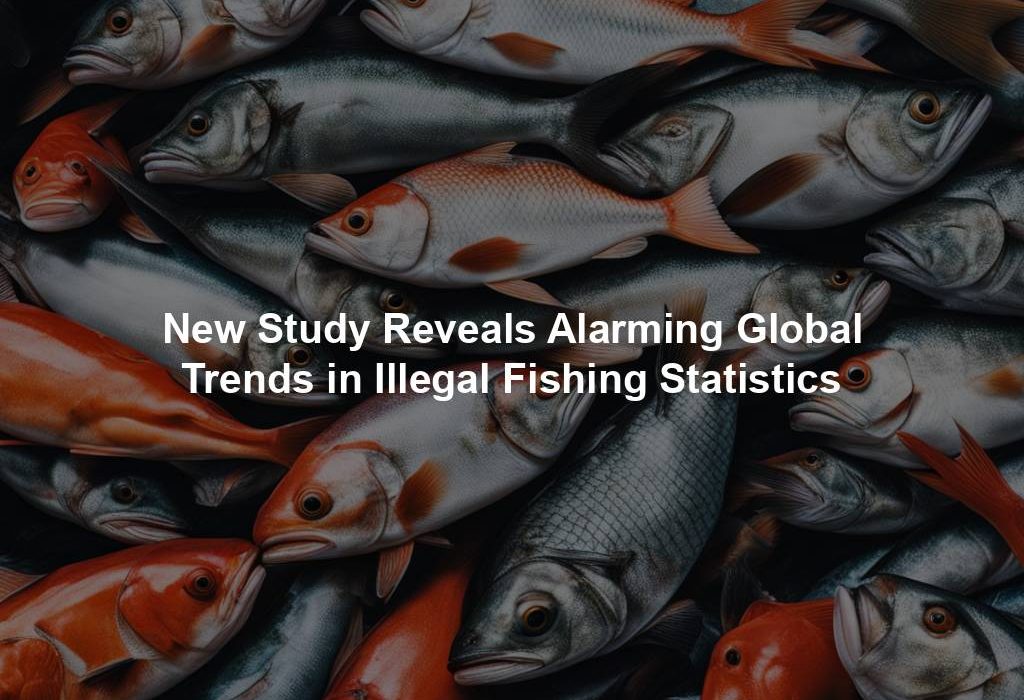A new investigative analysis by the United Nations Food and Agriculture Organization (FAO) has uncovered distressing global patterns in illegal fishing practices. The illicit operations of illegal, unreported, and unregulated (IUU) fishing pose a grave threat to the delicate balance of our oceans and marine habitats. The comprehensive study, drawing on data from nations worldwide, sheds light on the pervasive nature of IUU fishing, demanding immediate action.
The FAO study indicates that a staggering 26 million tonnes of fish are unlawfully harvested each year through IUU fishing, amounting to a substantial $23 billion in value. This represents a significant chunk of the global fish catch, with estimations hinting that IUU fishing contributes up to 20% of the total haul. These figures underscore the magnitude of the issue at hand.
A crucial revelation of the study is the prevalence of IUU fishing in developing countries where regulatory mechanisms are often deficient. In such areas, IUU fishing wreaks havoc on local communities reliant on fishing for sustenance, while also triggering the depletion of fish populations and ensuing long-lasting environmental repercussions.
The research further uncovers the interconnected web between IUU fishing and other unlawful pursuits like human trafficking and narcotics smuggling. This underscores the necessity for a unified international front to combat these interlinked challenges. Responding to the study’s revelations, the FAO advocates for heightened collaboration among nations to tackle IUU fishing and fortify maritime security.
A primary obstacle in curbing IUU fishing is the opacity shrouding the fishing industry. Numerous vessels operate beyond national boundaries, evading scrutiny of their operations. Coupled with intricate supply chains that obscure the traceability of fish products, this opacity facilitates unchecked illegal activities by IUU operators.
To counter IUU fishing, the FAO prescribes a suite of measures such as enhanced monitoring and surveillance of fishing vessels, rigorous enforcement of fishing protocols, and the implementation of traceability frameworks to monitor fish products across supply chains. These actions necessitate resolute political resolve and cross-border cooperation to yield efficacy.
In recent times, strides have been made in the battle against IUU fishing. Collaborating with nations globally, the FAO has devised guidelines through the Port State Measures Agreement to combat IUU fishing, impeding the entry of illicitly sourced fish into international markets by bolstering port controls and inspections.
Moreover, international endeavors have been undertaken to confront IUU fishing, including the formation of the Global Fisheries Task Force (GFTF). This task force unites countries, international bodies, and industry stakeholders to synchronize their efforts against IUU fishing. While initiatives like the GFTF mark progress, further action is imperative.
In essence, the FAO investigation underscores the pressing need to address IUU fishing on a global scale. IUU fishing presents a multifaceted challenge demanding a concerted response from governments, industry players, and societal actors. By fortifying monitoring and enforcement measures, enhancing transparency in the fishing sector, and fostering international collaboration, we can strive towards a sustainable and secure future for our oceans. The time to act is now to safeguard marine ecosystems and ensure the enduring viability of our fisheries.




